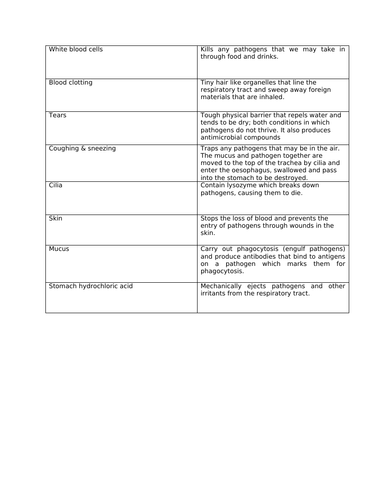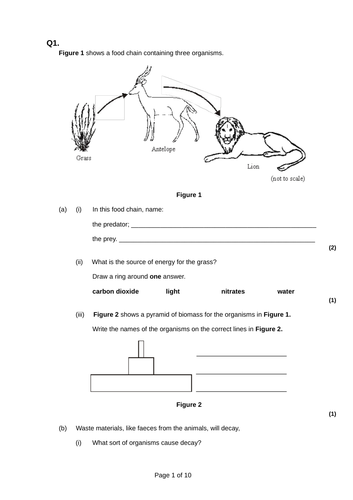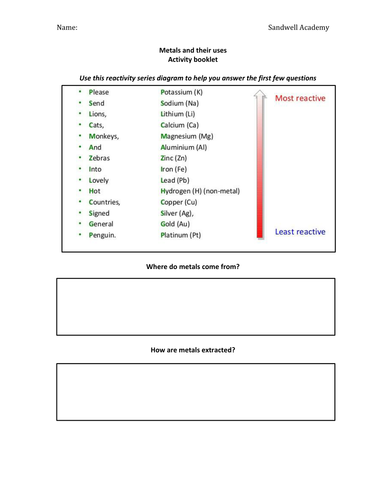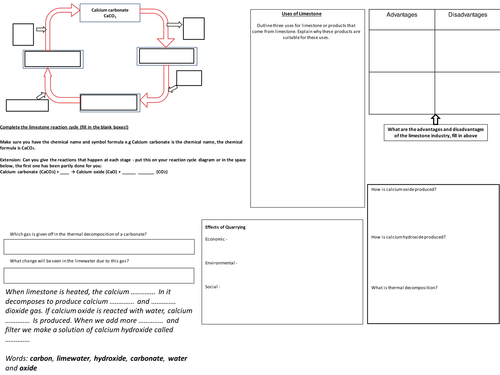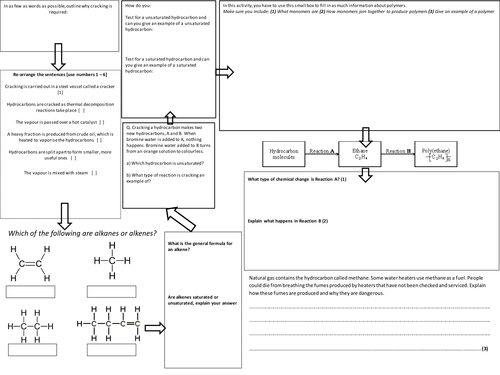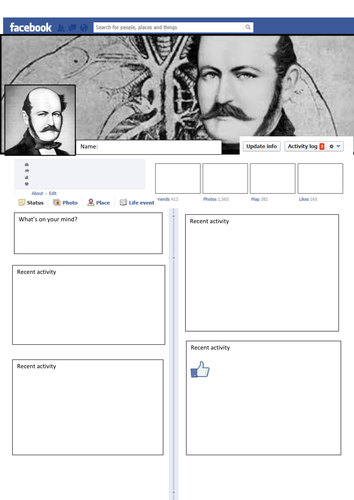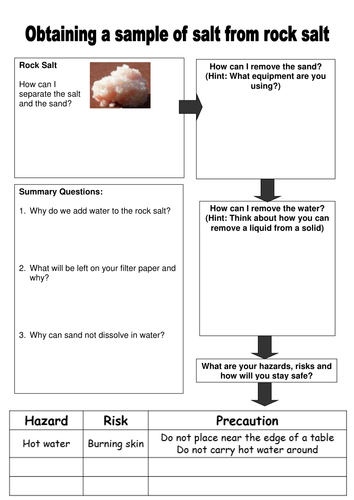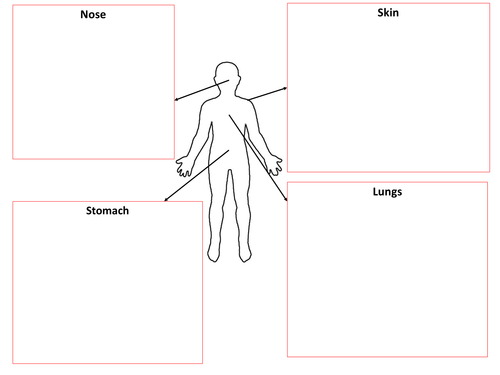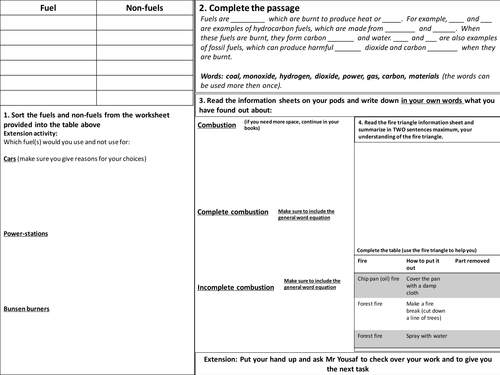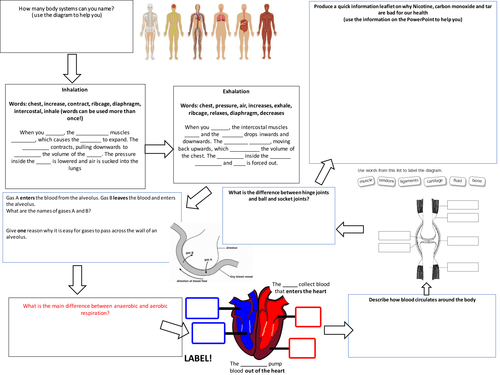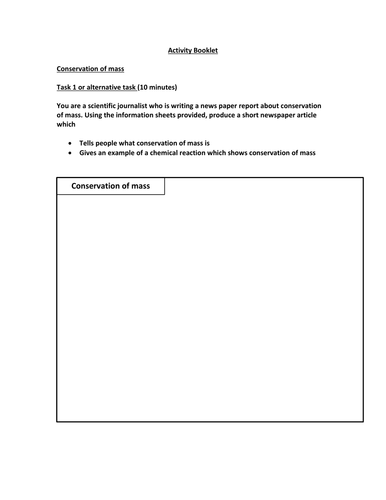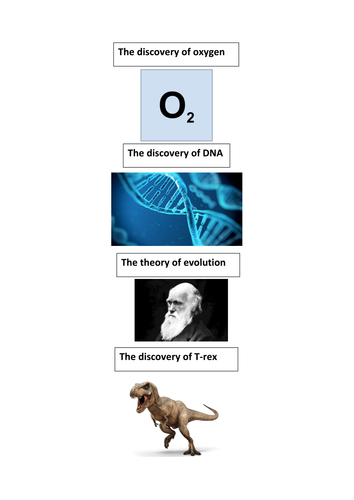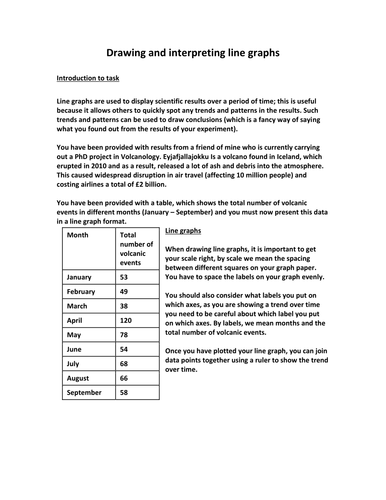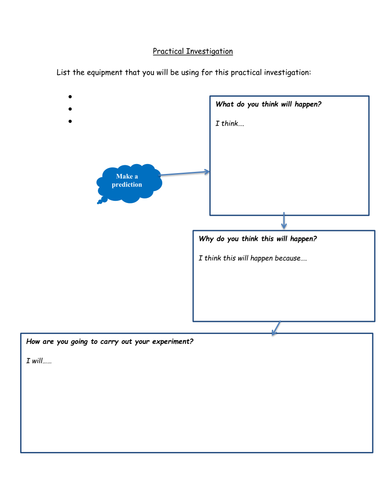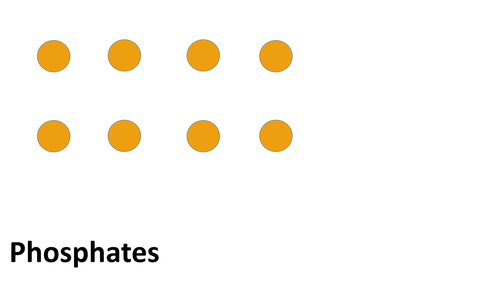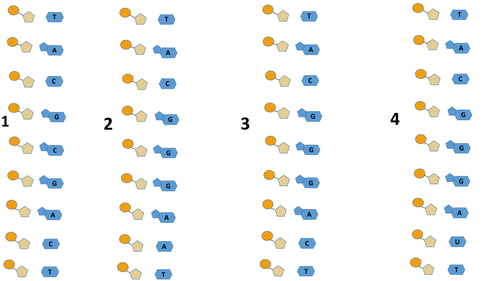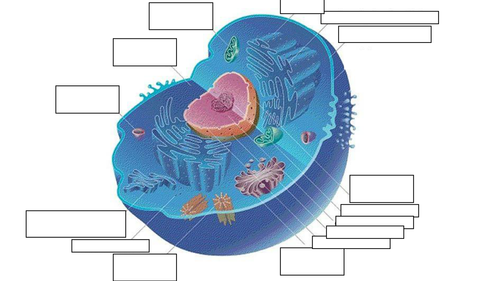
100Uploads
24k+Views
6k+Downloads
All resources

Metals activity booklet
Good for AQA specification, covers:
Extraction of metals
Reactivity series
Properties of metals
Uses of metals

Limestone activity mat
Limestone activity mat that covers the limestone cycle, testing for limestone, uses of limestone, effects of quarrying and the advantages and disadvantages of the limestone industry.

AQA Defence Questions Exam booklet
Covers primary defence, work of Ignaz Semmelweiss and methods of reducing spread of disease.

Products from oils placemat
Covers C1 (AQA) Crude oils and fuels, is good for general revision. Print in A3.

AQA Reducing spread of disease Ignaz Semmelweiss Facebook activity
Pupils create a facebook timeline on the work of Ignaz Semmelweiss. Covers AQA new specification.

Filtering and Evaporation Rock Salt.
Rock salt practical investigation sheet.
Good for Year 7 and 8, covers filtering and questions on it. Pupils fill In during their filtering/evaporation practical

Human Defence Systems
A3 Paper body outline of the human body, where pupils then have to fill in the various boxes to cover primary defence. Can place the various resource sheets within the classroom and pupils go around or pupils label from the IWB.

Fuels and combustion activity mat
Good for KS3
Covers:
Fuels and non-fuels (card-sort)
Fuels
Uses of fuels
Combustion and Incomplete combustion
Fire triangle and safety
Use with the information sheets, pupils complete it independently & teacher facilitates.

Health and Fitness placemat
Covers various aspects of health and fitness.
Body systems
Inhalation
Exhalation
Alveoli
Respiration
Structure and function of the Heart
Joints
Smoking
Good for KS3 and KS4. Works well if pupils are provided with an interactive resource e.g. Laptops to access Bitesize. Best used in A3.

Conservation of mass, balancing equations activity booklet
Good for KS3.
Covers conservation of mass and balancing equations, has a few questions and also boxes for self-assessment.
Best printed in booklet form, works well with the information sheet to help pupils understand conservation of mass.

Stoop effect
Complete lesson on the Stoop effect. Good for cross Science engagement.
Pupils make their own neutral and stoop lists, and then turn this into a practical investigation.

Vaccination questions
Covers AQA Biology B1, new specification.
Various questions on vaccination with the mark scheme.

Drawing line graphs - Volcanoes
Instruction sheet for drawing line graphs, provides some data for volcanoes for pupils to use. Good for cross-curricular Science engagement (Geography with HSW).
Works best for KS3, use in combination with line graph drawings on IWB to help model expectations.

Revision questions - AQA B1
Covers:
Xylem and Phloem
Inhalation
Structure of a leaf
Reducing spread of disease
Good as an extension activity. Please leave feedback and a review.

Practical worksheet science
Good worksheet that goes through and covers the different aspects of carrying out a practical investigation. Models and scaffolds pupils thinking to help them plan and carry out a practical investigation.

Create a DNA template
Suitable for AS/A-level Biology, pupils work in groups and have to cut and stick to create the double helix model of DNA (see slide 5 for WAGOLL).
For each feature (see slide 4), there are points associated with the relevant features being included. This can be used to turn it into a competition between teams/introduce a competitive element.
Covers:
DNA structure
DNA base pairing
Bonding

Transcription and translation
Suitable for AS/A-level Biology
Includes
Protein factory sheets and protein factory workbook
Using the sheets in groups (e.g. one of each per table) pupils have to work through the sheets by indicating the correct choice and answer questions on transcription and translation (see workbook).
Covers:
Transcription
Translation
DNA replication
Degeneracy of genetic code
Codon-anticodon pairing
The workbook provided is differentiated and scaffolded for pupils via questions having success criteria and also super-challenge questions as well.
Correct answers are on the worksheets, however, ensure that you explain clearly to students that they need to work through it systematically.

Eukaryotic and Prokaryotic cells
Instructions:
Pupils label features of prokaryotic and eukaryotic cells, can split the class in half and use A3-sized diagrams, first team to label the components wins.
Pupils then use the Venn diagram template to label the features, can also enhance this by reviews comparing the features of prokaryotic and eukaryotic cells e.g.
The origin of eukaryotes:
a reappraisal - (Duve, 2007)
Suitable for AS/A-level Biology

